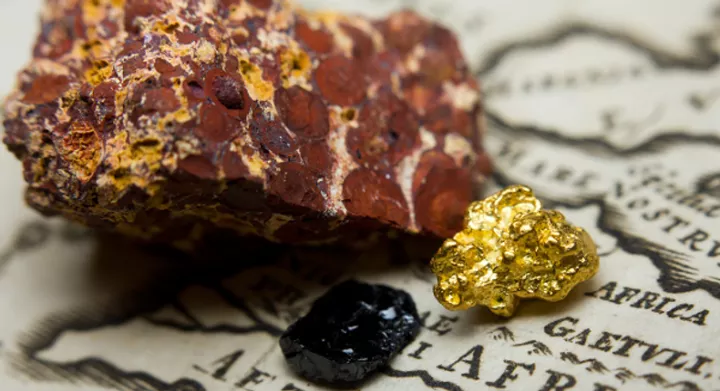
The Democratic Republic of Congo has lodged criminal complaints against Apple subsidiaries in France and Belgium, accusing the tech giant of utilizing conflict minerals in its supply chain, Reuters reported.
The Congo is a key supplier of tin, tantalum, and tungsten, known as 3T minerals, which are essential for the production of computers and mobile phones.
However, some artisanal mines in the region are controlled by armed groups linked to severe human rights violations, including massacres, mass rapes, and looting, as reported by U.N. experts and human rights organizations.
Apple has been addressing allegations concerning conflict minerals for years. In 2016, the company said it had commenced full audits of its suppliers to ensure compliance regarding minerals associated with violent militia groups.
Apple, alongside Tesla, and Microsoft, has also faced accusations of child labour in Africa's cobalt mines.
Apple maintains that it does not directly source primary minerals and emphasizes its commitment to responsible practices by auditing suppliers, publishing findings, and funding initiatives aimed at improving mineral traceability. In its 2023 conflict minerals filing to the U.S.
Securities and Exchange Commission, Apple stated that none of the smelters or refiners of 3T minerals or gold in its supply chain were found to have financed or supported armed groups in Congo or its neighbouring countries.
However, international lawyers representing the Democratic Republic of Congo contend that Apple indirectly uses minerals looted from Congo and laundered through complex international supply chains.
They argue that this involvement makes Apple complicit in the ongoing crimes, including violence and exploitation, taking place in the region.
In parallel complaints filed on Monday with the Paris prosecutor's office and a Belgian investigating magistrate's office, the Democratic Republic of Congo has accused Apple's local subsidiaries-Apple France, Apple Retail France, and Apple Retail Belgium-of multiple offences.
These allegations include covering up war crimes, laundering tainted minerals, handling stolen goods, and engaging in deceptive commercial practices to assure consumers that its supply chains are clean.


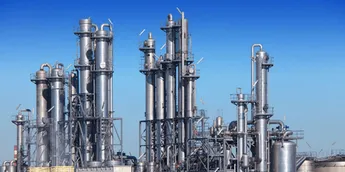
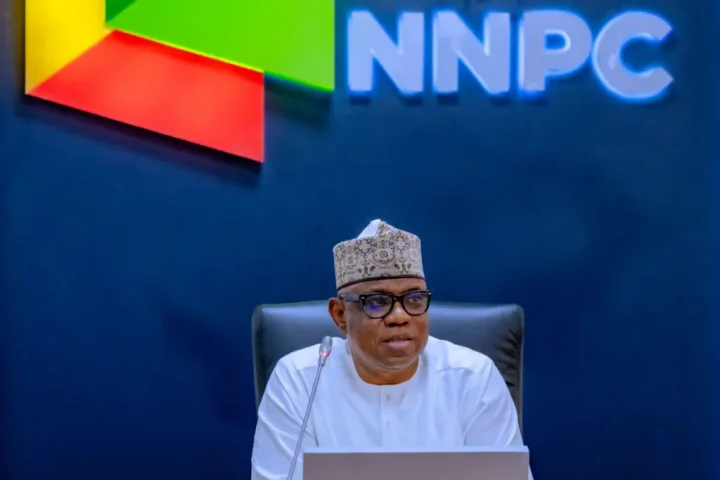
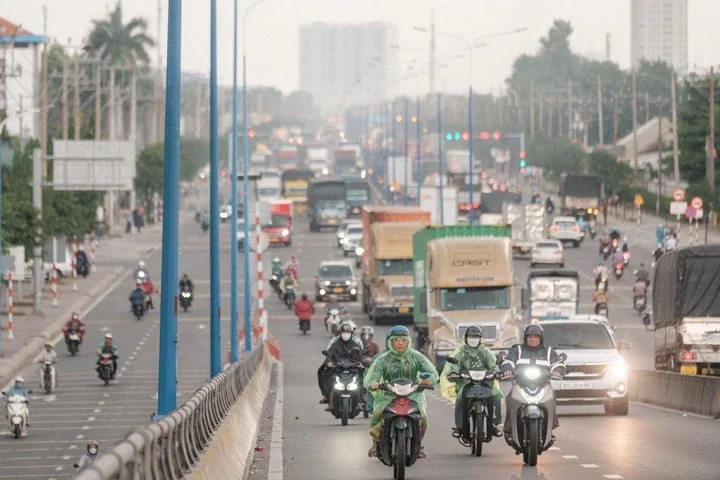
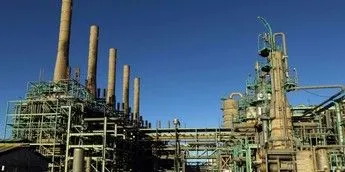
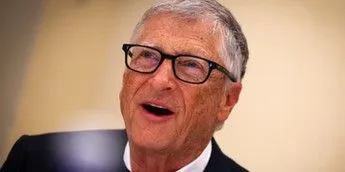

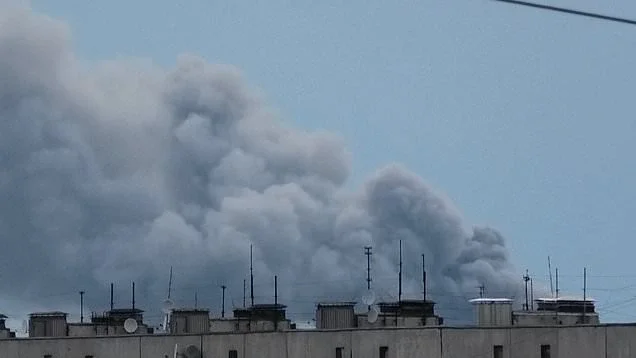


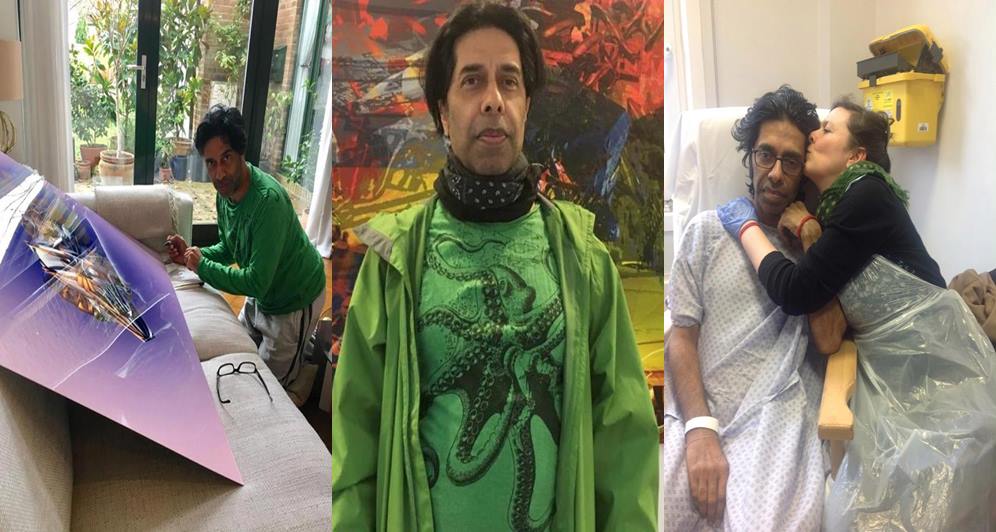



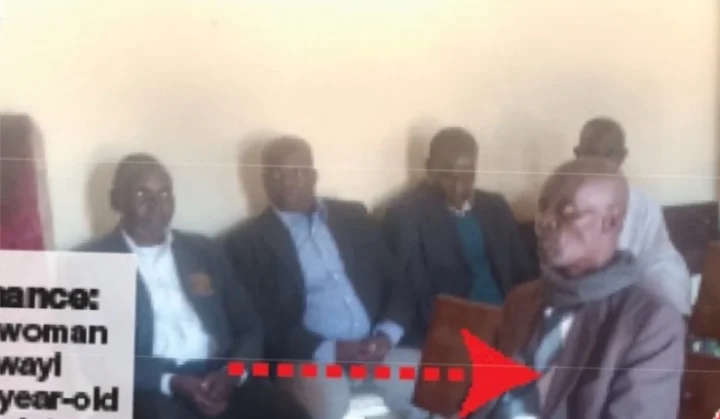


Comments